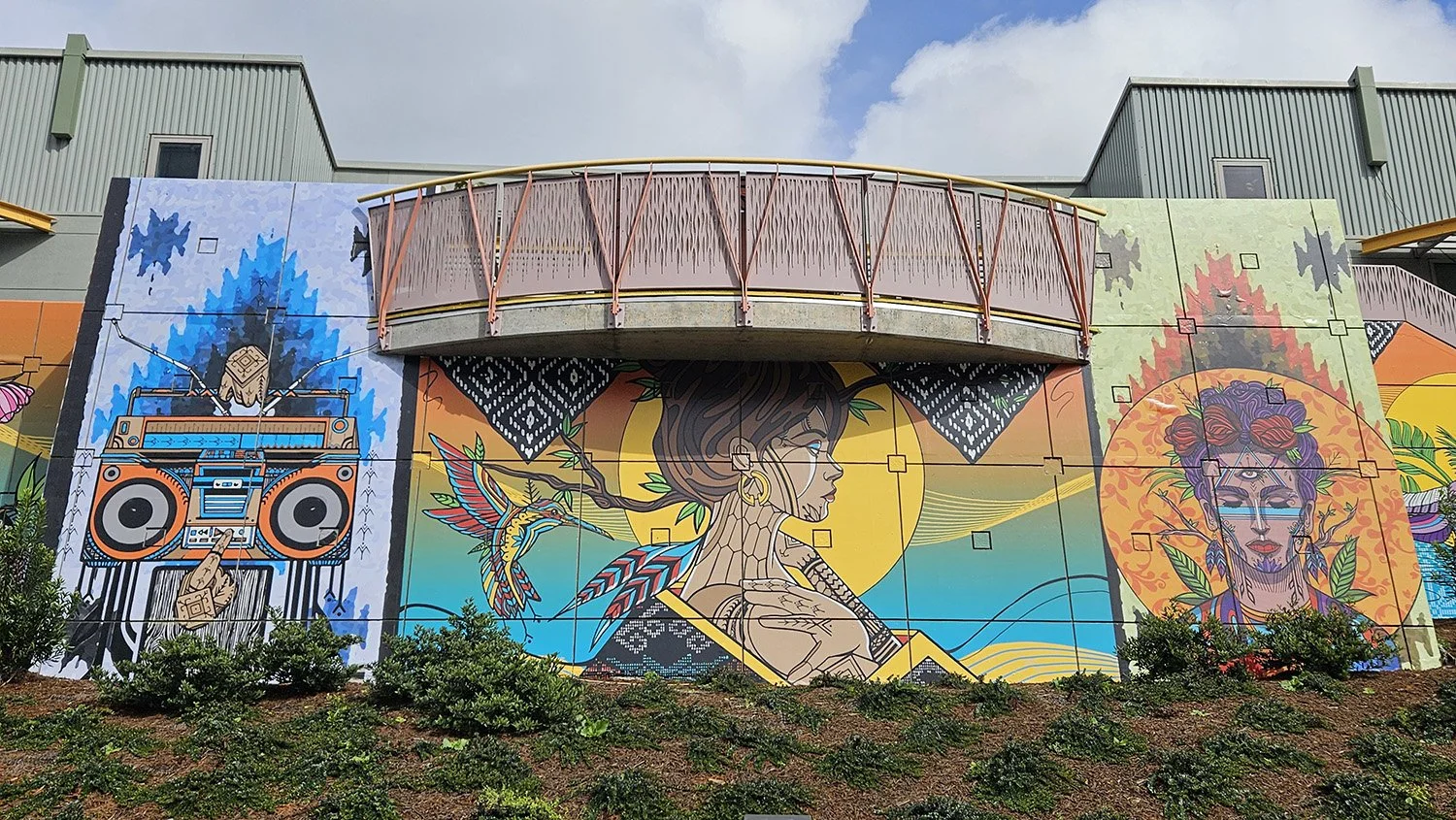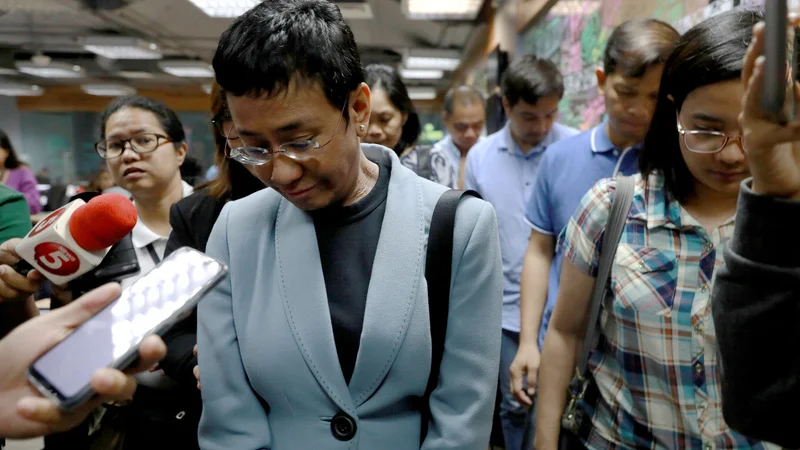News Media in Danger in the Time of Duterte
/Former Chief Justice Renato Corona (Source: Wikimedia Commons)
Benigno “Noynoy” Aquino III was president and this was the first time a chief justice was impeached, part of his high-profile anti-corruption drive.
Fast forward to 2017. Rodrigo Duterte became Philippine president and since he took over in July 2016, he has unleashed a violent war on drugs that has led to at least 20,000 killings, according to unofficial sources. A wave of impunity has swept over the country.
Duterte showed his intolerance of independent media’s critical reporting of the deadly drug war and his autocratic leadership by publicly intimidating reporters and media outfits, foisting threats to the existence of their organizations.
How the times had changed!
It was in this context that the events leading to the arrest of Rappler CEO Maria Ressa took place.
NBI agents arrest Rappler CEO Maria Ressa (Photo by Eloisa Lopez/Reuters)
More than five years after the story was published, Keng filed a libel complaint against Ressa and Reynaldo Santos, who wrote the story. (Santos, a researcher, is no longer with Rappler.) Keng lodged his complaint with the National Bureau of Investigation’s (NBI) cybercrime division. This came as a surprise, a belated reaction to an old story.
The businessman used a law passed in September 2012—the Cybercrime Prevention Act (which includes cyber libel)—as basis for the suit. Notice that the law came four months after the Rappler story was published. In their replies, Ressa and Santos argued that the law was not retroactive and that the one-year prescriptive period for libel had long been over.
In fact, a team from the NBI immediately junked the complaint, affirming Rappler’s arguments. Keng moved fast and filed an affidavit questioning the dismissal, saying that the prescriptive period was much longer, citing a section of the cybercrime law.
Keng had the ear of the NBI, which decided in his favor. It recommended to the Department of Justice (DOJ) that Rappler be prosecuted, which the state agency heeded. The DOJ went to court in January 2019 and filed a case against Ressa and Santos. About a month later, the court issued a warrant of arrest, which the NBI served on February 13 at the end of office hours when most of the courts were closed to receive bail.
Ressa had to spend the night in the NBI before she posted bail the next day. She has been back at the office, working and preparing legal moves with the lawyers. Court hearings are expected to follow.
“The pattern is clear: the president uses state agencies to go after Rappler. These actions send a strong message to the rest of the media to toe the line, to be acquiescent.”
(Libel in the Philippines is a criminal offense which means journalists can be sent to prison if found guilty. In other countries, it is a civil offense requiring hefty fines as punishment.)
Had this happened under a different president, outside the context of an autocratic leader who has made the drug war the centerpiece of his rule, it would have been a less dangerous battle. Libel is a hazard of our profession, thus, we take great care about our reporting, trying our best to make sure what we write stands on solid ground. Still, powerful people who get hurt by our reporting resort to libel suits.
In the case of Rappler, libel is only one of the steps the government has taken to bear down on us. First, the Securities and Exchange Commission, a regulatory agency, attempted to shutter Rappler by saying foreign entities owned shares in the online news organization when the law says that only Filipinos could own media groups. It conducted its probe based on a complaint of the Solicitor General, the government’s lawyer. Second, the Bureau of Internal Revenue filed tax evasion charges against Ressa and Rappler. And now, the Department of Justice made its move.
The pattern is clear: the president uses state agencies to go after Rappler. These actions send a strong message to the rest of the media to toe the line, to be acquiescent.
This is the first time, since democracy returned to the country in 1986, that press freedom is threatened. It has been more than 30 years since the Philippine media have been relatively free and today, after three decades, we are losing our grip on democracy.
In the early 1980s, during the dying years of martial law, when I was starting out as a journalist, the media world was black and white. The single biggest threat to press freedom was the dictatorial rule of President Ferdinand Marcos.
State censorship reigned. The rules were etched in stone: no one was to write critically of the president, the first lady Imelda Marcos and the military.
Journalists were jailed. Media organizations were shut down. The enemy of the media was crystal clear: it was the authoritarian rule of Marcos. It was the state. The lines were drawn between the journalists and the Marcos government.
Maria Ressa talking to the press after being arrested by the NBI (Photo by Martin San Diego/Rappler)
The Philippines is a democracy—at least, it has the trappings of a democracy such as free elections, an ostensibly free media, the country is not under martial rule (only Mindanao is under martial law)—yet the media are under siege. Yet the threats to media have returned, in different, more nuanced forms.
Indeed, these are dangerous times for the Philippine press, once touted as among the freest in Southeast Asia.
Marites Danguilan-Vitug is editor at large of Rappler and author of several books on Philippine current affairs.
More articles from Marites Danguilan-Vitug





